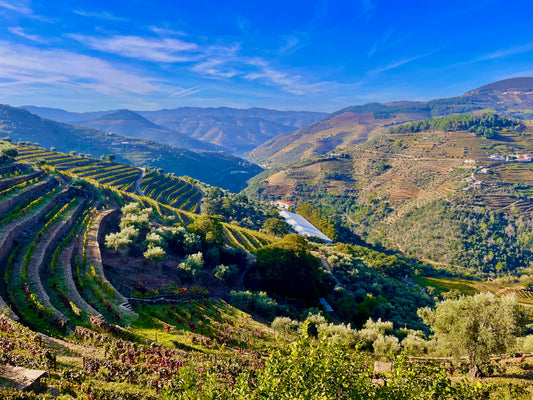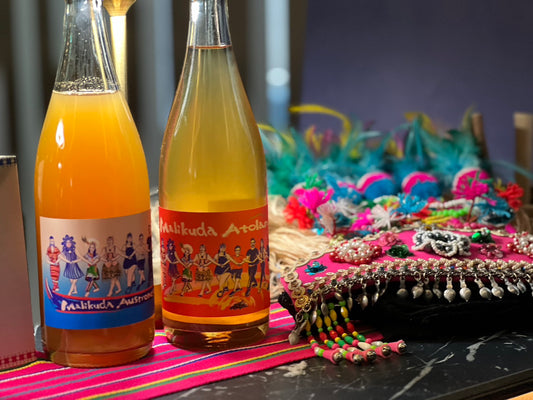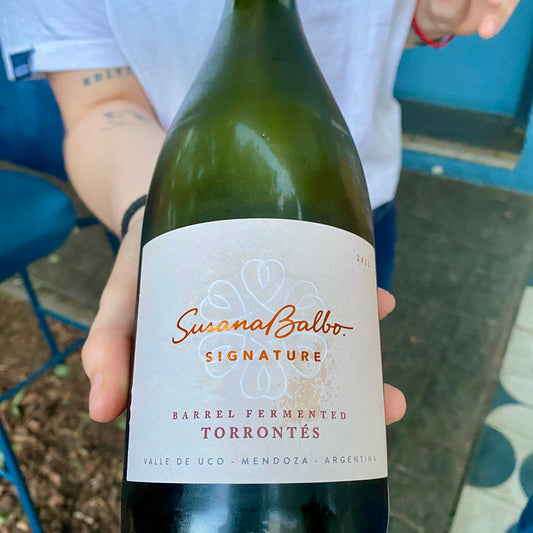| During the weekend there were demonstrations of grape crushing, singing and dancing workshops, and a showing of the harrowing and moving film Shindisi, which tells the story of a sleepy village caught up in the brief Russo-Georgian war of 2008. But the wines took centre stage, with a two-day tasting in the grand hall where some dozen producers and wine importers presented their wines, and two deep-dive masterclasses. In all about 80 wines were shown, from producers such as Giuaani, on the southern slopes of the minor Caucasus; and Dugladze, a former Soviet winery which Dimitri Dugladze bought in 2004 and transformed with the latest technology ‘while honouring Georgia’s traditions of qvevri winemaking’. Also showing wines were London importers such as Richard and Eka Cox’s Taste of Georgia, and the the Shoreditch importer and wine bar 80-20, founded by Mako Abashidze, who is soon to open another branch in south-east London. Georgia is incredibly fertile, Abbott said in a masterclass, and during the Soviet era only two of its panoply of native grape varieties – the white Rkatsiteli and the red Saperavi – were grown, to produce the highest possible yields to make sugar-rich wines to be imported by Russia. But there are hundreds more varieties – from reds such as Mgaloblishvili, Otskhanuri Sapere and Mujuretuli, to whites Khikhvi, Chinuri and Tsolikouri – which can produce wines of complexity and longevity. Most importantly, traditionally-produced Georgian wines are unique. They are produced in qvevri – huge earthenware amphorae buried underground, a tradition that was almost obliterated by the Soviets but survived in domestic winemaking, and is now undergoing a massive revival in commercial wineries too. White wines are fermented and aged on their skins, giving them a distinctive tannic edge. Moreover, Abbott and Howard-Sneyd said, grape genetic science has been able to demonstrate that Georgian native grapes were the ‘bridge’ between the Asian varieties and European strains. Georgia truly is the birthplace of modern wine. Wine writer and critic Robert Joseph, who produces a kvevri- and stainless steel-aged white as part of K’AVSHIRI, a five-year project with winemaker Vladimer Kublashvili of winery Khareba, said the festival ‘was a great event with an excellent collection of varied wines, which brought together people who knew nothing about Georgian wine with enthusiasts who had gone as far as to visit Georgia.’ For Abbott, what was most striking about the weekend was visitors’ ‘appetite to learn about the culture of Georgia.’ ‘This is an ancient wine culture and it fascinates people. There’s an idea that Georgia is a kind of lost Eden and that has so much resonance with wine lovers and wine amateurs alike.‘ |




